10 Best Vitamin B Foods For Vegetarians
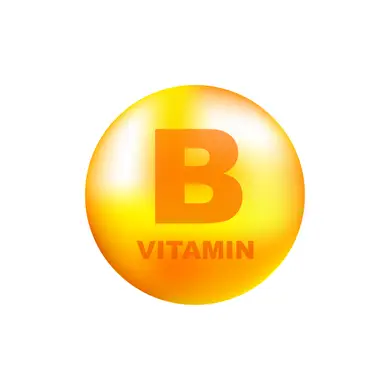
10 Best Vitamin B Foods For Vegetarians
Posted on 6th May, 2023
Vitamin B is a group of essential water-soluble vitamins that play important roles in various bodily functions, including energy production, DNA synthesis, and maintenance of healthy nervous and immune systems. The B vitamin group consists of eight different vitamins, including thiamine (B1), riboflavin (B2), niacin (B3), pantothenic acid (B5), pyridoxine (B6), biotin (B7), folate (B9), and cobalamin (B12). These vitamins are found in a variety of foods, including whole grains, fruits, vegetables, legumes, nuts, seeds, and animal products. However, some of them, such as vitamin B12, are primarily found in animal-derived foods, making it important for vegetarians and vegans to ensure they get enough from plant-based sources or supplements. Here are some of the best vitamin B foods for vegetarians:
- Nutritional Yeast: Nutritional yeast is a great source of vitamin B12, which is primarily found in animal products. Just 1 tablespoon of nutritional yeast provides 7.8 micrograms of vitamin B12.
- Fortified Cereals: Many cereals are fortified with vitamins and minerals, including B vitamins. Check the label to make sure the cereal is fortified with vitamin B12.
- Fortified Soy Milk: Just like cereals, many brands of soy milk are fortified with vitamin B12.
- Tempeh: This fermented soybean product is rich in vitamin B2, also known as riboflavin. One cup of tempeh provides 1.2 milligrams of riboflavin.
- Spinach: This leafy green vegetable is a good source of vitamin B6, providing about 0.4 milligrams per cup.
- Lentils: Lentils are a great source of vitamin B1, also known as thiamin. One cup of cooked lentils provides about 0.2 milligrams of thiamin.
- Chickpeas: Chickpeas, also known as garbanzo beans, are a good source of vitamin B6, providing about 0.5 milligrams per cup.
- Almonds: Almonds are a good source of vitamin B2, providing about 0.3 milligrams per ounce.
- Avocado: This fruit is a good source of vitamin B5, also known as pantothenic acid. One medium avocado provides about 2 milligrams of pantothenic acid.
- Sunflower Seeds: Sunflower seeds are a good source of vitamin B1, providing about 0.4 milligrams per ounce.
Benefits
The B vitamins play important roles in a variety of bodily functions, and as such, they offer many potential health benefits. Here are some of the key benefits associated with consuming adequate amounts of B vitamins:
- Energy production: B vitamins are essential for the conversion of food into energy. They help the body to metabolize carbohydrates, fats, and proteins, which are the primary sources of energy for the body.
- Nervous system health: B vitamins play an important role in maintaining healthy nerve cells and the proper functioning of the nervous system. For example, vitamin B12 is essential for the production of myelin, which helps to insulate nerve cells and improve their conductivity.
- Reducing inflammation: Some B vitamins, such as niacin (B3) and folate (B9), have been shown to reduce inflammation in the body, which can help to prevent chronic diseases such as heart disease and cancer.
- Supporting healthy skin, hair, and nails: B vitamins are important for maintaining healthy skin, hair, and nails. For example, biotin (B7) is often referred to as the "beauty vitamin" because it helps to strengthen hair and nails and improve skin health.
- Maintaining a healthy pregnancy: Folate (B9) is essential for healthy fetal development, and pregnant women are often advised to take a folic acid supplement to ensure they get enough of this important nutrient.
- Boosting mood and cognitive function: Some B vitamins, such as vitamin B6 and vitamin B12, have been shown to help improve mood and cognitive function by supporting the production of neurotransmitters like serotonin and dopamine.
Overall, consuming adequate amounts of B vitamins can help to support overall health and wellbeing. However, it's important to note that while B vitamin supplements can be beneficial for some people, they may not be necessary for everyone, and it's always best to get nutrients from whole foods whenever possible.
Dosage
The recommended daily dosage for each B vitamin can vary depending on factors such as age, sex, and individual health needs. Here are the general recommended daily dosages for adults:
- Thiamine (B1): 1.2 mg for men and 1.1 mg for women
- Riboflavin (B2): 1.3 mg for men and 1.1 mg for women
- Niacin (B3): 16 mg for men and 14 mg for women
- Pantothenic acid (B5): 5 mg
- Pyridoxine (B6): 1.3 mg for adults under 50 years old, 1.5 mg for adults over 50 years old
- Biotin (B7): 30 mcg
- Folate (B9): 400 mcg for adults, 600 mcg for pregnant women
- Cobalamin (B12): 2.4 mcg
It's important to note that some people may require higher doses of certain B vitamins due to certain health conditions or medications they are taking. It's always best to speak with a healthcare professional before starting any new supplements or making significant changes to your diet.

Health articles from our experts

A Comprehensive Guide On How To Gain Weight Quickly
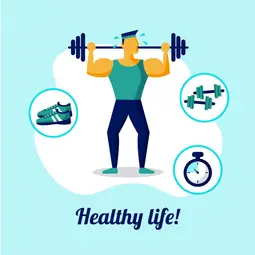
Muscle-Building Routine and Supplements for Maximum Gains

A Guide with Simple Tips To Follow For Weight Loss
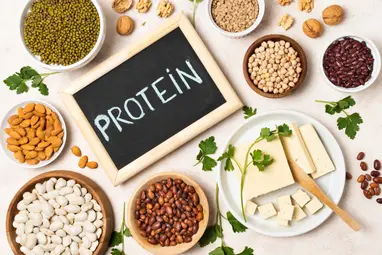
Top 10 Foods That Are High in Protein

5 Best Whey Protein Powders in India
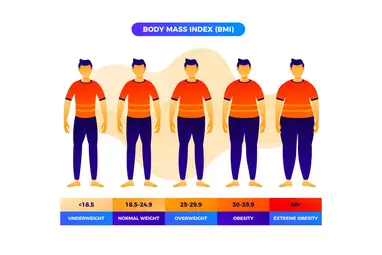
Understanding BMI: The Key to Weight-Health Connection
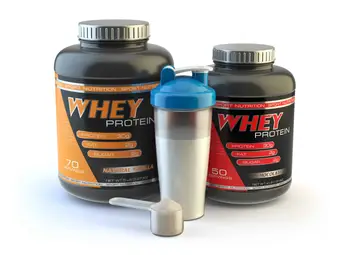
List of Top Whey Proteins for Muscle Gain
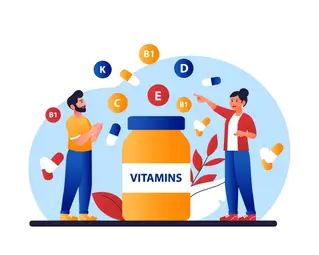
Top Vitamins for a Healthy Immune System

Finding Out the Best Daily Wellness Supplements

